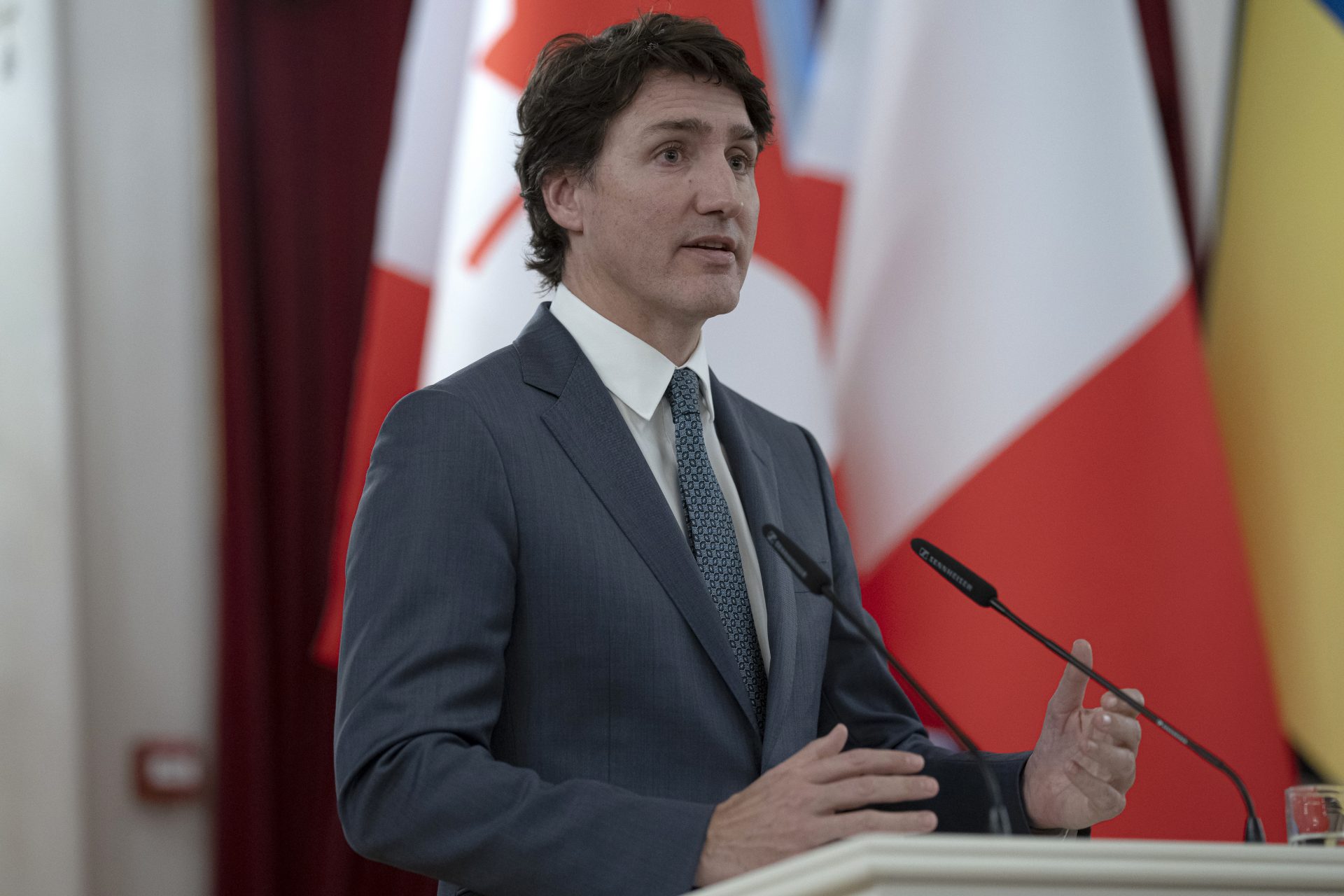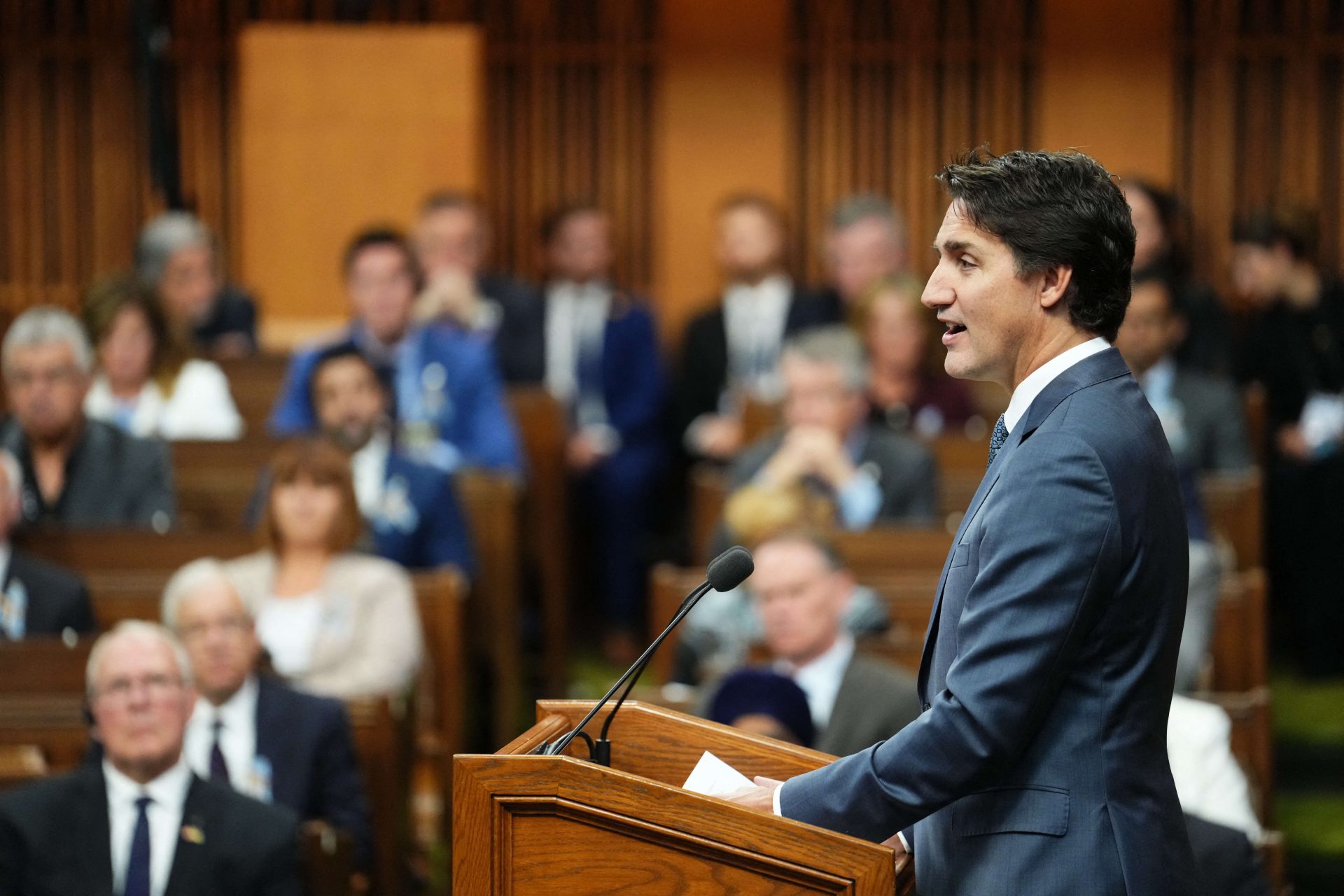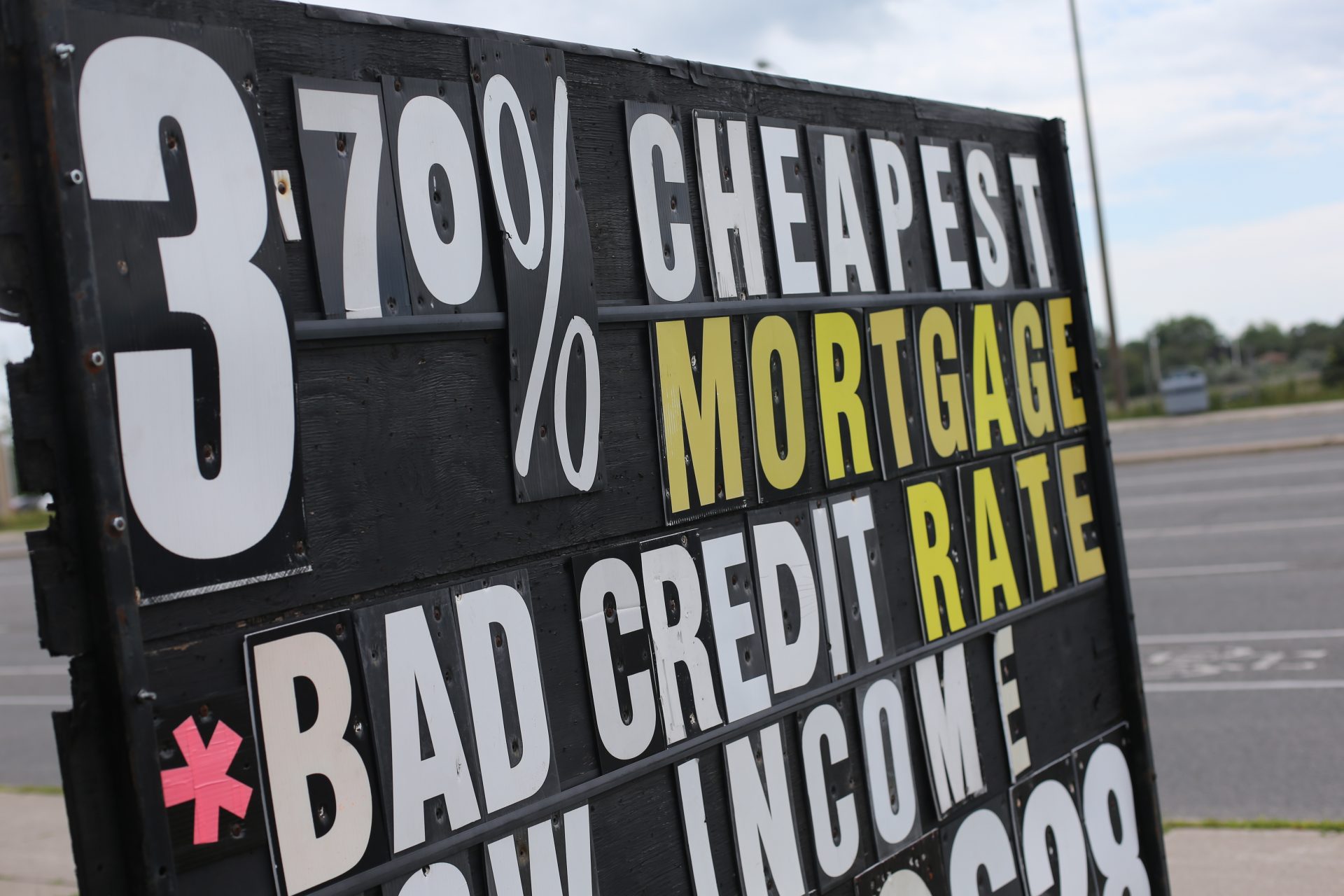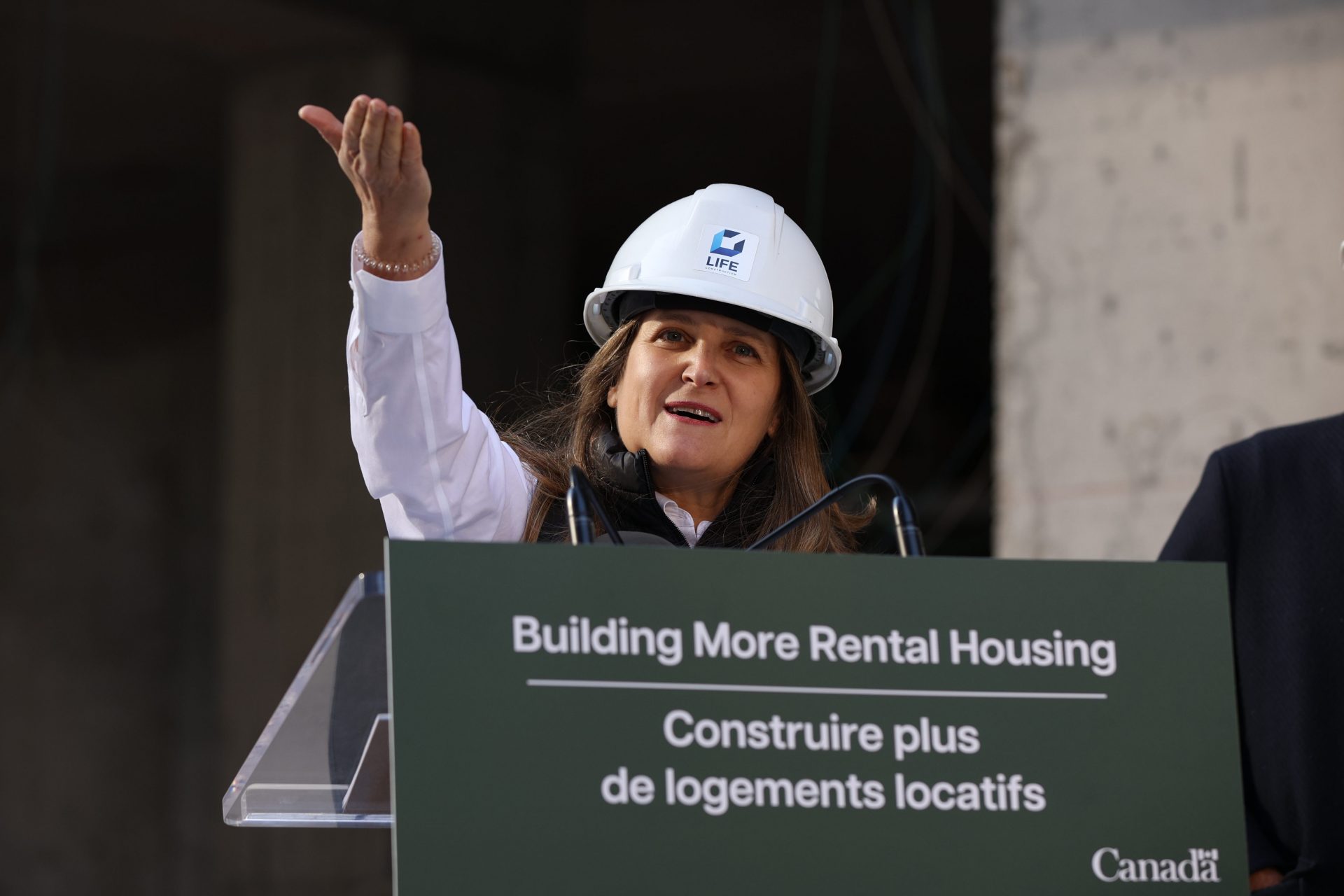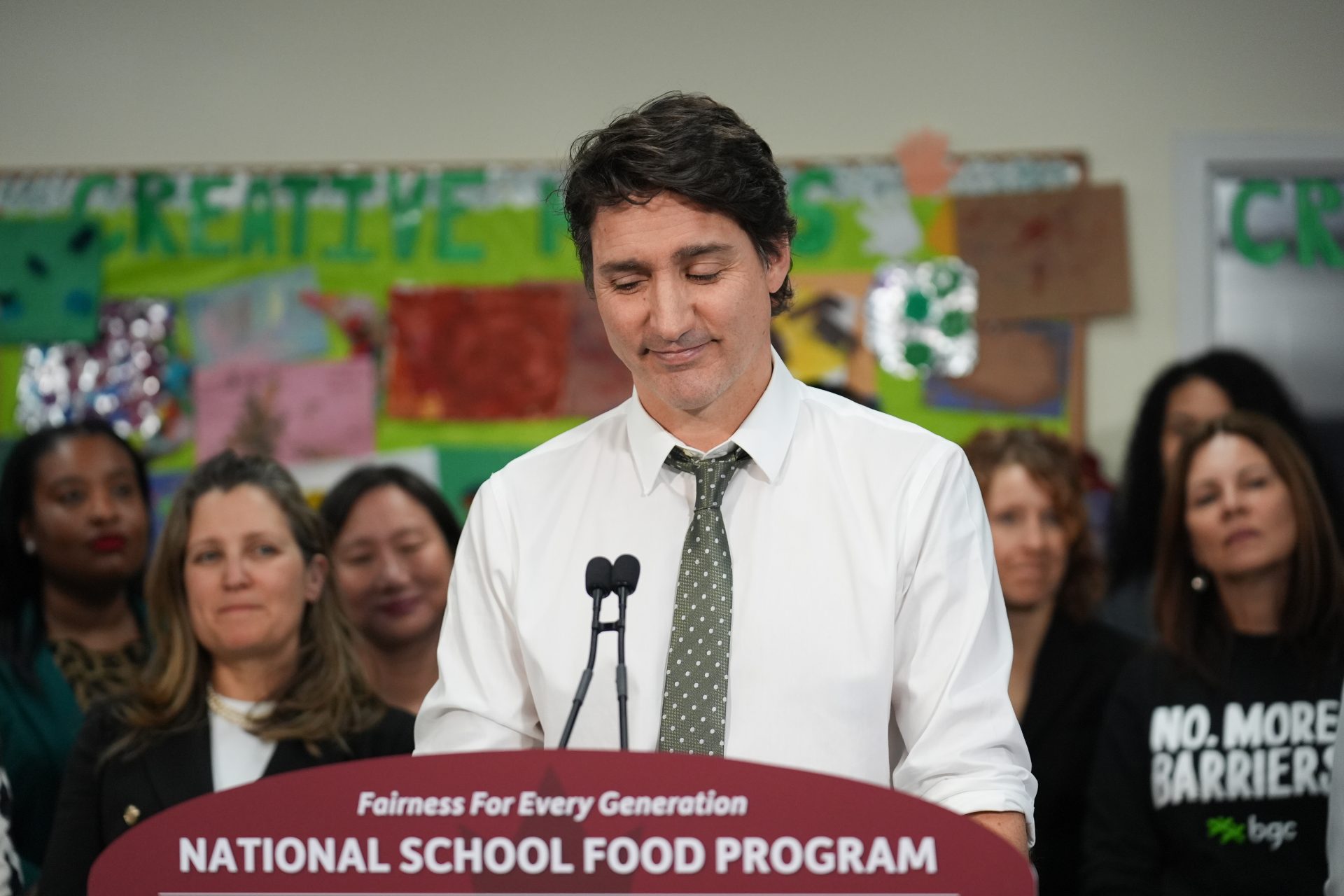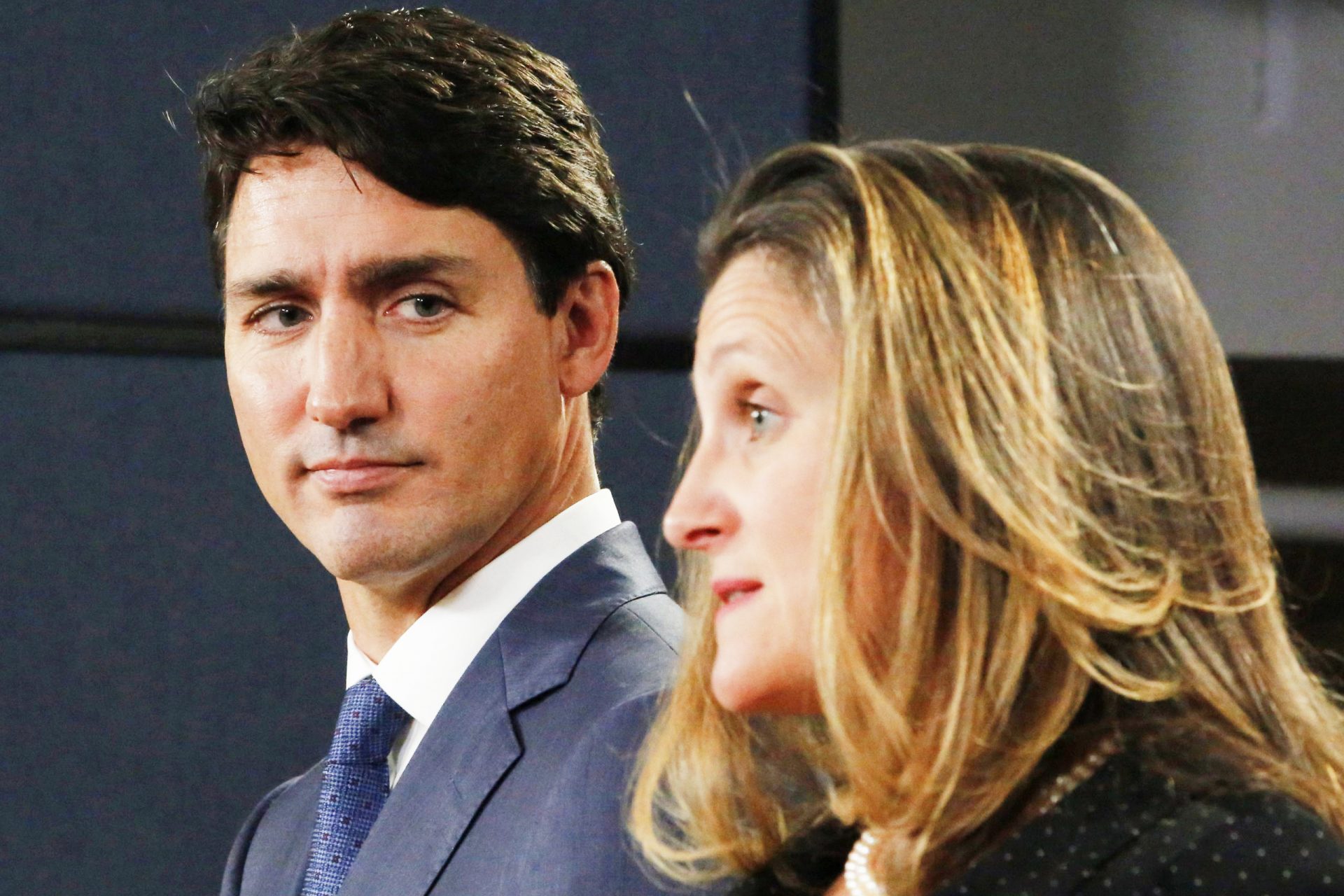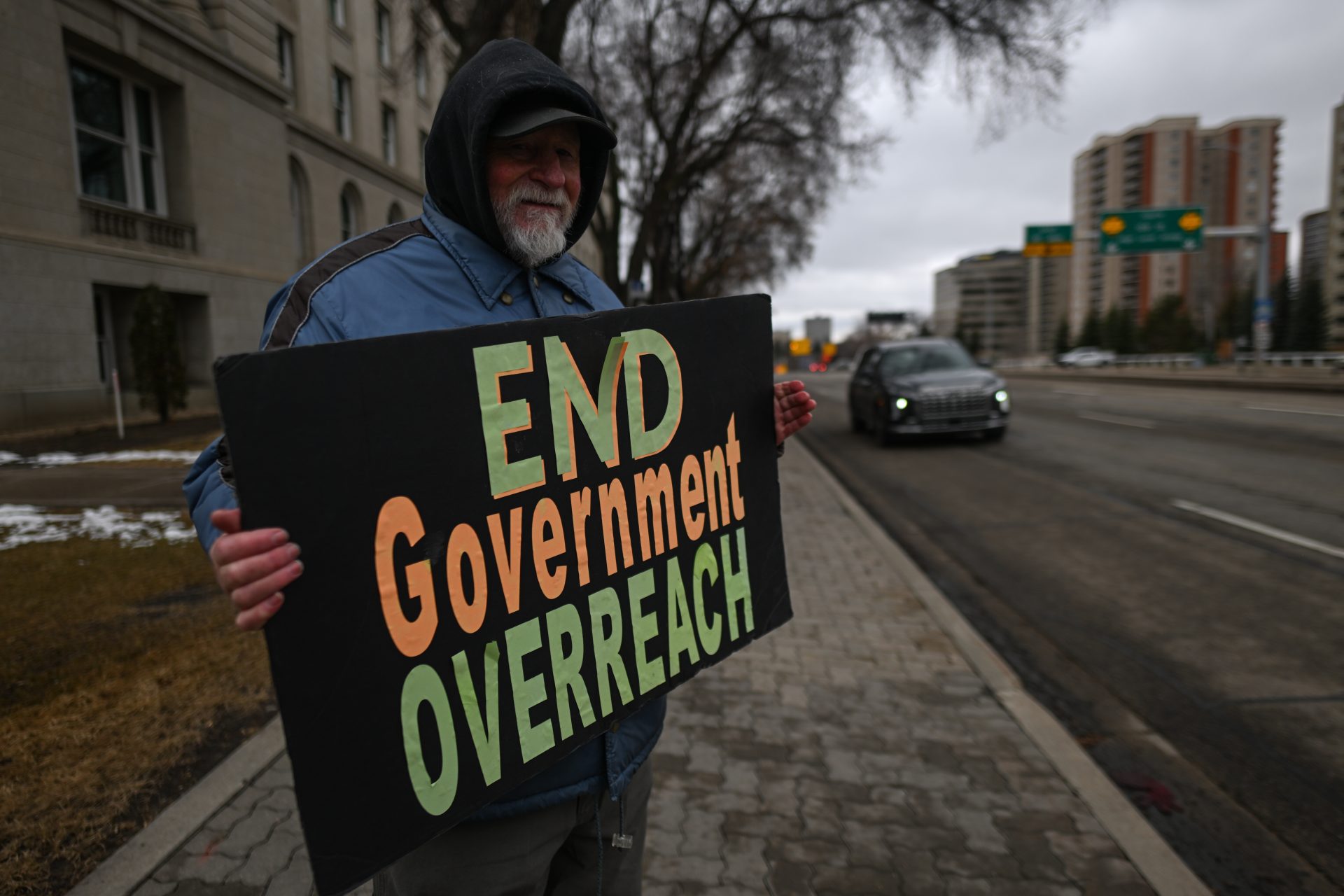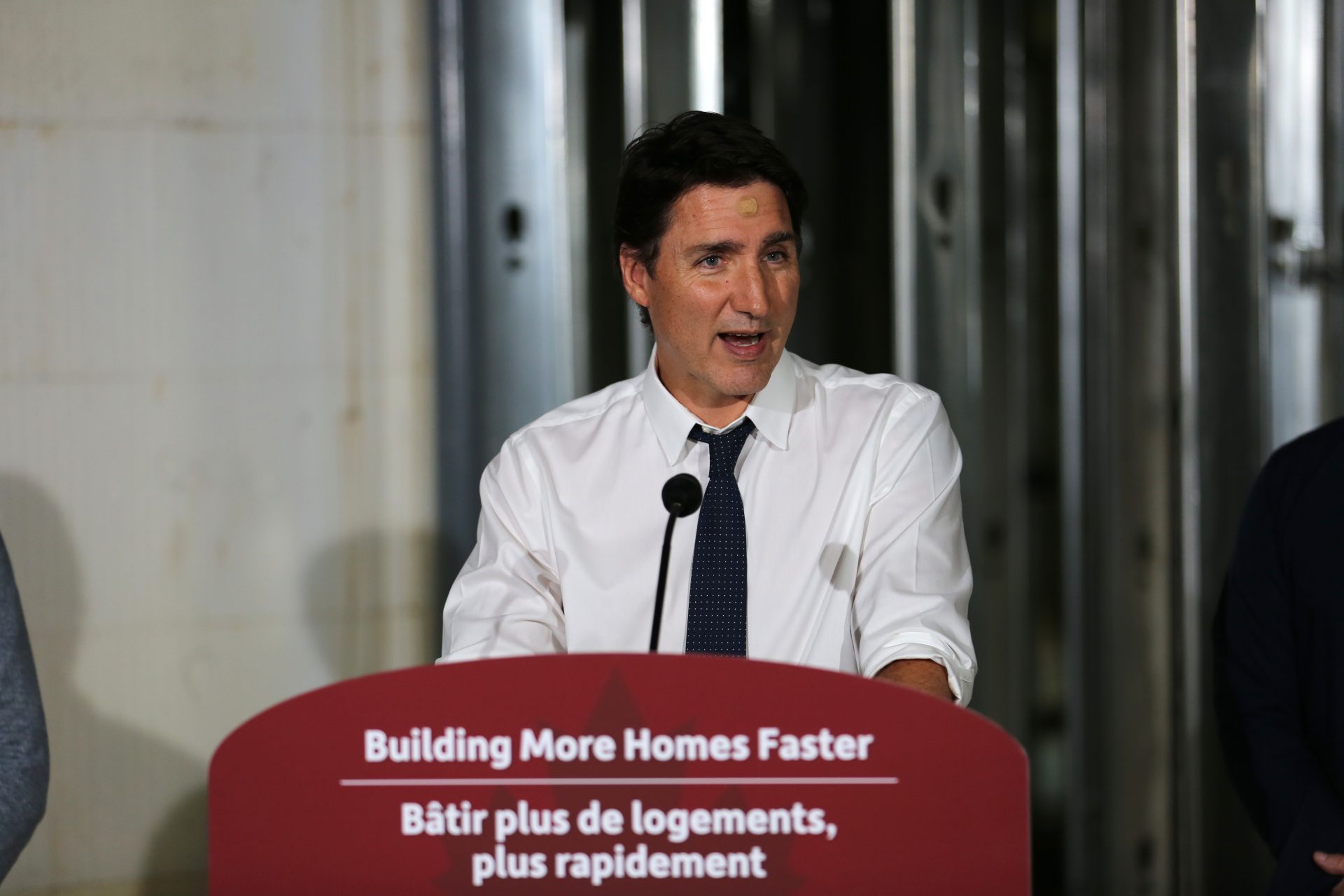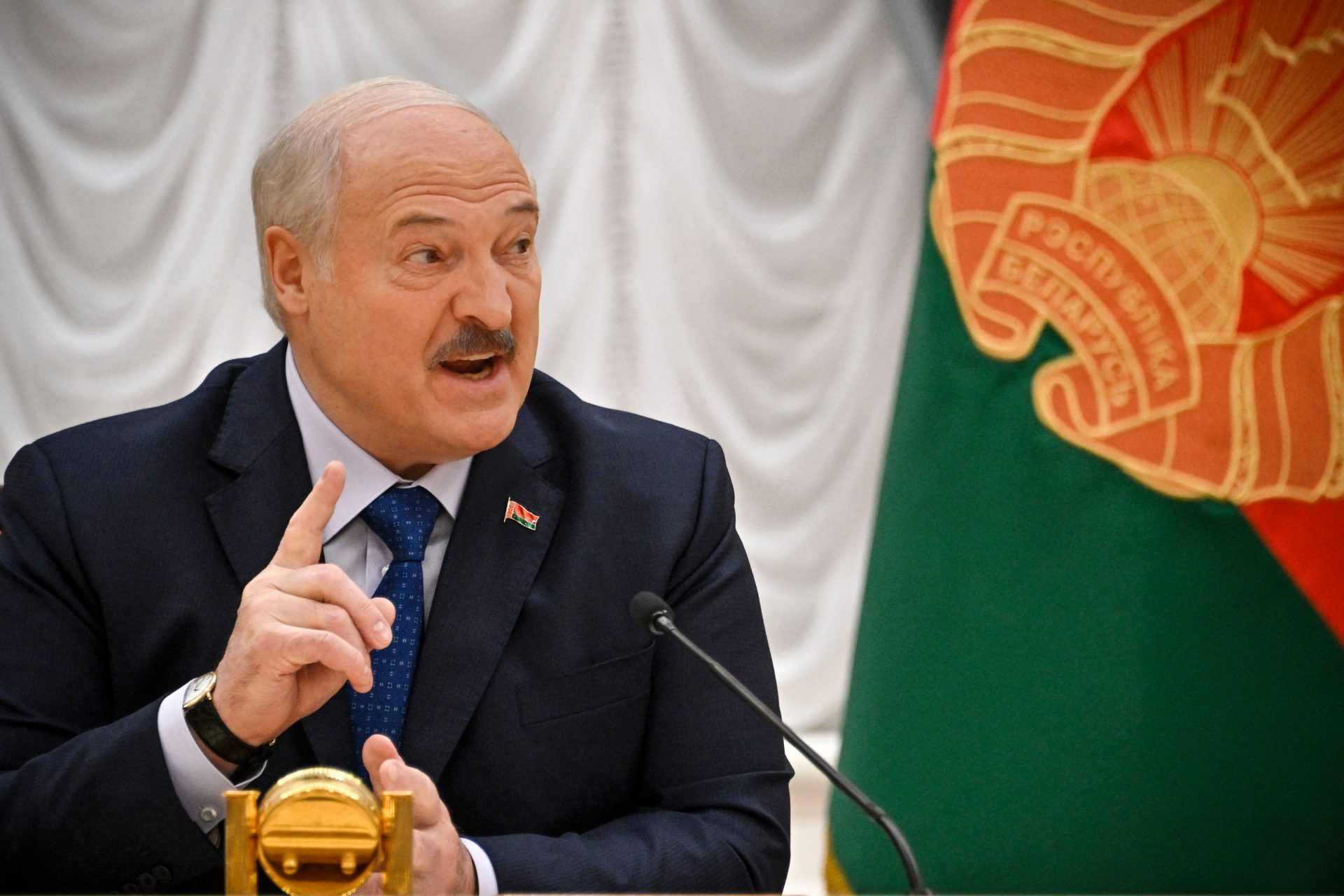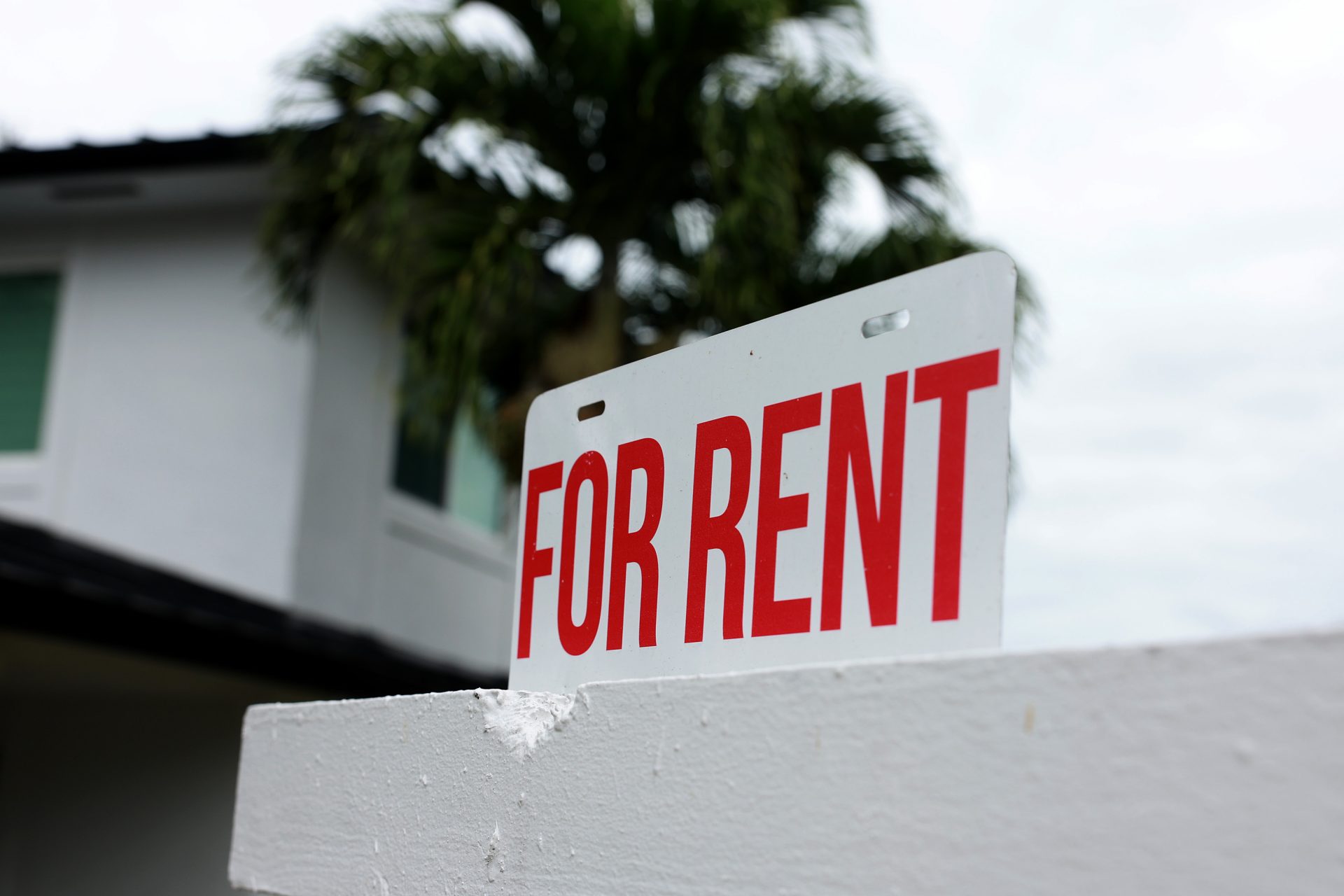Canadians weren't impressed by the 2024 budget released by Trudeau and his government
In April 2024, Justin Trudeau disclosed the details of his government's newest federal budget, but the measures the Liberal Party planned to take to mitigate some of the country's biggest problems didn't really resonate with Canadians according to polling at the time.
Trudeau released Budget 2024: Fairness for Every Generation on April 16th, and while he and others in his government hinted at some of the more promising, it was still met with praise and disdain from both sides of the political aisle.
Nearly half of Canadians weren't too keen on the country's new budget, though they did like a few of the proposals that were proposed in the plan according to polling that captured opinions of the budget at the time.
Ottawa's new budget was essentially designed to help level the playing field among Canada’s various classes but the proposal hah very little to offer Canadians according to columnist Andrew Coyne.
Writing in The Globe and Mail, Coyne noted that the 2024 budget revealed Ottawa had no priorities or anchors when it came to economic growth. What is offered in the budget is a focus on housing, taxes, students, and green energy policy.
The federal government planned to spend $8.5 billion to unlock 3.87 million homes in Canada by 2031 so that it could ensure every Canadian would be able to “find an affordable place to call home” according to the government’s budget highlights section on its website.
CP24 reported in its breakdown of the government’s budget that housing amortization periods would be extended to thirty years for first-time home buyers and builders will be given larger tax incentives to kickstart housing projects.
A new capital gains tax on high-net-worth individuals, corporations, and trusts will also help to level the playing field for Canadians. The inclusion rate will jump up from 50% to 66% on capital gains over $250,000, which will yield $19.4 in tax revenue.
Students could expect millions in loan forgiveness for those in both health and education as well as hygienists, pharmacists, teachers, social workers, and even early childhood educators according to CP24’s analysis of the budget’s key details.
More than $900 million was planned to be invested over six years to help develop greener homes and foster other energy efficiency programs. Businesses will also be given a wealth of tax credits for a variety of clean energy policy incentives.
CBC News also reported several highlights it believed were important, which included $6 billion for the Canada Disability Benefit, $1 billion for the national food program, and $500 million for youth mental health programs.
However, the real key takeaways from the budget were that Ottawa was going to spend more than it planned with the government looking to shell out a total of $52.9 billion extra over the next five years. The cost to service the country’s national debt was also projected to grow to $2 billion dollars because of the new budget.
While the highlighted policies were designed to impress Canadians, the measures fell flat with the country’s citizens according to polling from the market research Leger—which found 49% of Canadians saw the budget as negative.
However, Canadians did appear to like two aspects of the government budget. First, a majority of those surveyed (65%) noted the $8.5 billion dollar investment into housing aimed at unlocking millions of homes was a “good” thing for Canada.
Support for the new housing investments by the federal government was strongest in Quebec where 72% of respondents saw the measures as a good thing whereas only 56% of Albertans saw the measure as good—which was the lowest of all provinces.
The second budget initiative that was viewed as a good thing for Canada was the $900 million dollar investment into greener homes and energy policy, 64% of Canadians liked the measure. However, that figure fell to just 51% for Albertans.
A majority of Canadians (56%) also appeared to believe an increase in the capital gains tax would be good for the country while 53% noted that forgiving student loans would be a good initiative for Canada. But it is important to note people were worried about costs.
“Within a five-year outlook, almost half of Canadians (47%) think the government should cut back on spending and make different cuts in programs to come back to a balanced budget as quickly as possible,” Leger explained in a report on its polling.
More for you
Top Stories



